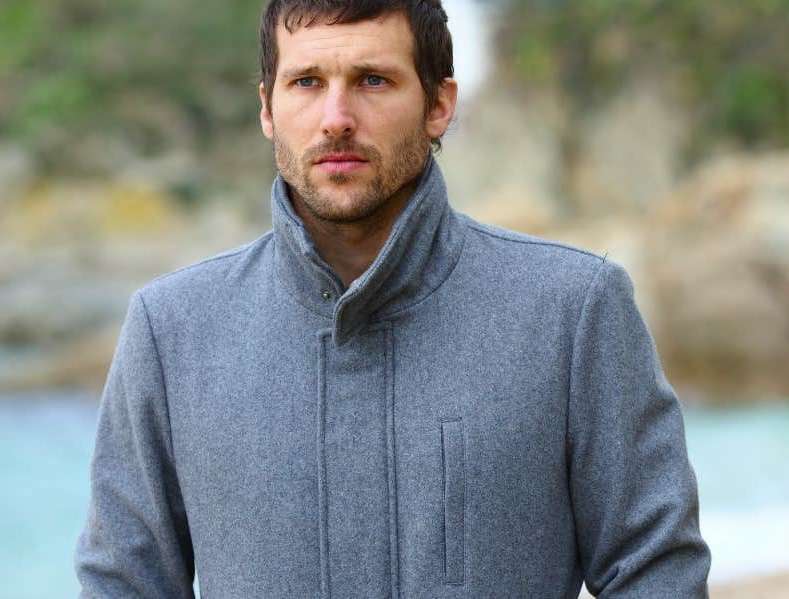Which of These Two Personalities Do You Have?
Table of Contents
There is a person whose day starts at dawn, he has the habit of doing a lot of work early in the morning, while another does not wake up until it is late at night, and the night is the time when he does the most work.
There is a debate about whether this is genetic (Biology) or adaptation (Habit), but it is agreed that each has its own problems and benefits, and the one that is best for you and the person you take advice from will decide. 1. SLEEP EVENING:
He is a person who has a habit of going to bed early and getting up early in the morning. Early morning is the best opportunity to work. Along these lines, each has its own advantages and disadvantages. Browse below:
EVENING BED
* Good health,
* To have energy and a mind that is awake for the fruition of his work.
* To balance his working hours with his other life.
PROBLEM
* That he runs out of energy or tired early in the day.
* The possibility of increased anxiety and depression.
* To decrease his access to society and his relationships.
2. WORKING NIGHT
He is the person who sleeps late at night, and his work and activities can be actively done in the late hours of the night.
WORKING NIGHT PARTY
* More productive than an early sleeper.
* More ability to perform his work in an artistic and creative way.
* His lips and his attention are longer and more open than the other person.
HIS PROBLEM

• His use of stimulants and overstimulation of the body and mind, which is dangerous to health.
• The unhealthy conditions of sleeplessness that he finds himself in.
• The possibility of increased stress and frustration.
Personality traits shape our behaviors, attitudes, and interactions with the world. When examining personalities, two distinct types often stand out: introverts and extroverts. Understanding which of these two personalities resonates with you can offer insights into how you recharge, socialize, and approach various aspects of life.
Introverts typically find solace and rejuvenation in solitude. They tend to prefer quiet environments, introspection, and engaging in activities that allow for deep concentration. These individuals often feel energized after spending time alone, using it to reflect, plan, and recharge their mental batteries. Introverts may feel overwhelmed in large social gatherings, preferring smaller, more intimate settings where they can engage in meaningful conversations.
On the other hand, extroverts thrive in social settings, gaining energy from interactions with others. They enjoy being surrounded by people, engaging in lively conversations, and participating in group activities. Extroverts often seek external stimuli and are comfortable in the spotlight, thriving in environments that involve socializing and networking. Unlike introverts, they might feel drained or bored when alone for extended periods.
Determining which personality type you possess isn’t about fitting into strict categories; rather, it’s about understanding where you predominantly draw your energy. Many individuals exhibit a blend of both introverted and extroverted traits, known as ambiverts, finding themselves comfortable in various social situations while also needing moments of solitude to recharge.
Reflecting on your preferences for social interactions, response to stimuli, and energy rejuvenation can provide valuable insights into your personality type. Recognizing these traits can help tailor environments and activities that best suit your needs, fostering personal growth and enhancing your overall well-being.
In essence, whether you align more with introversion or extroversion, understanding and embracing your unique personality traits contribute to a deeper understanding of yourself and how you navigate the world around you.
Conclusion
From the point of view of work productivity only, doctors do not deny that night work is bad for health.




